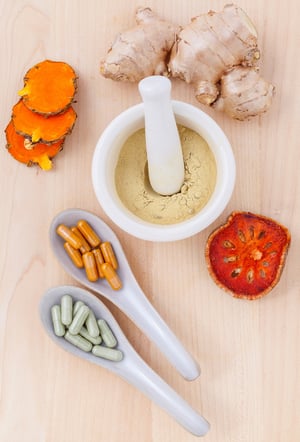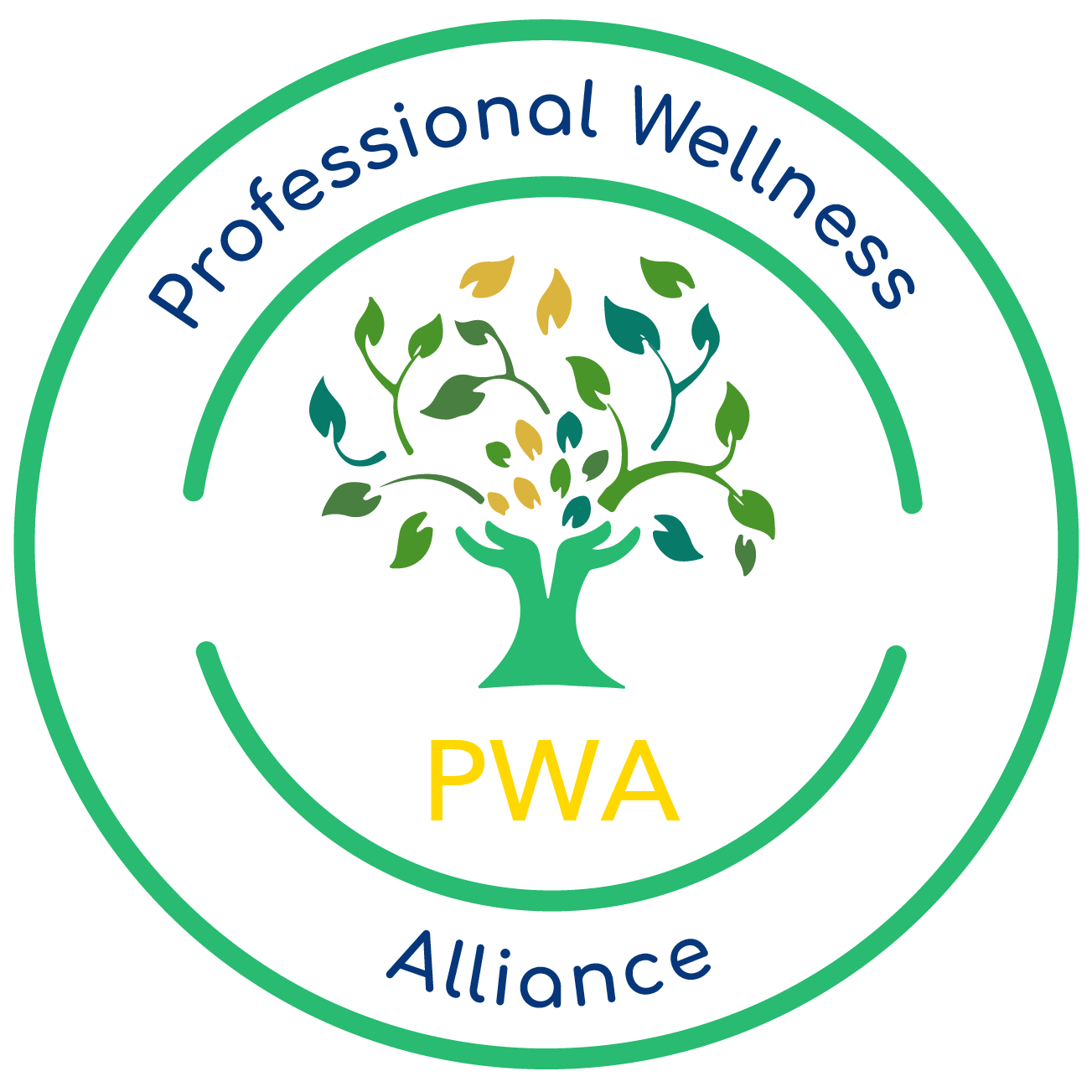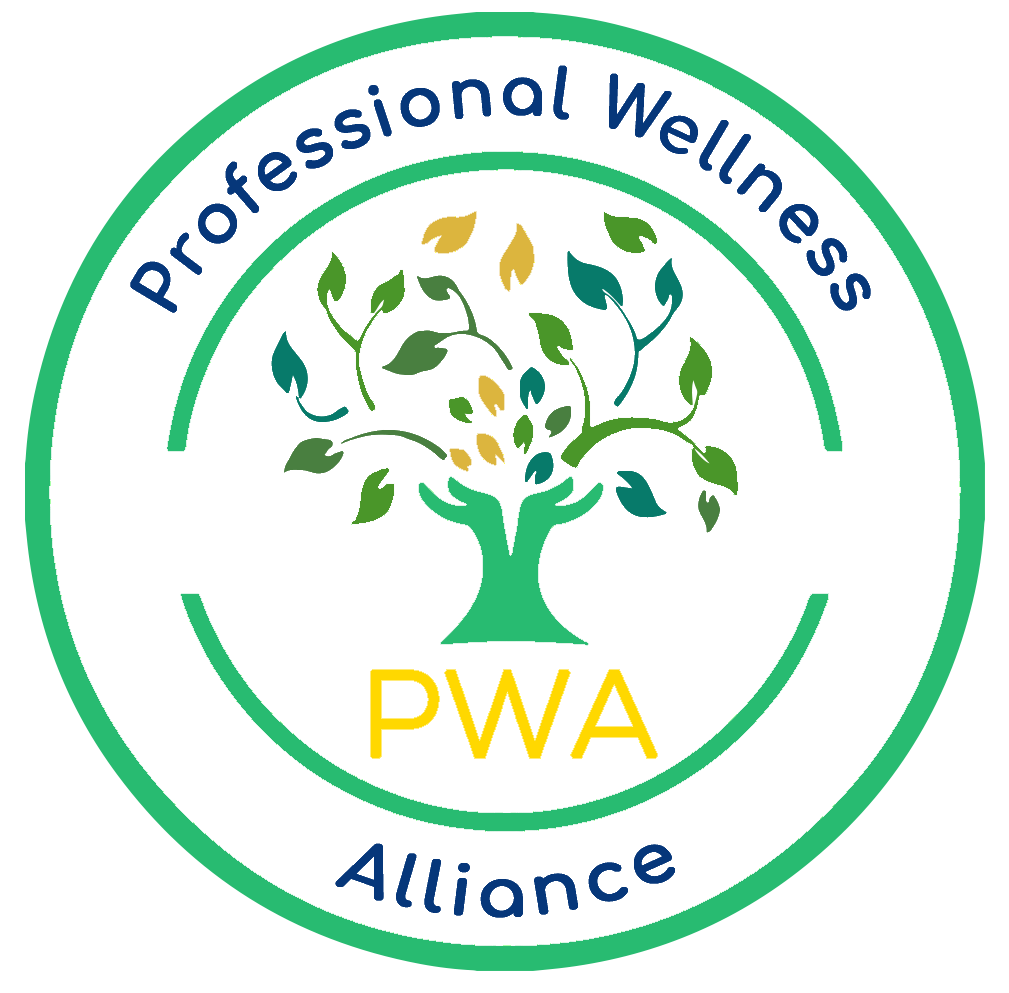Do you have a chronic disease and have exhausted your options within the mainstream system? Do you want to learn how to take your health into your own hands with holistic medicine and alternative medicine? Are you curious about how holistic health modalities such as massage, chiropractor, essential oils, and reiki can improve your quality of life?
Millions of people are looking for holistic health that goes beyond the conventional “Western” medical approach. Whether you are looking for relief for chronic issues or want to optimize your already good health, holistic medicine can help.
Here are three steps to find a trusted, qualified holistic health practitioner near you:
-
Learn about holistic health therapies and systems
-
Search for a qualified holistic health provider
-
Ask questions and verify their qualifications
Step 1: Learn about holistic health therapies and systems
There are many holistic and alternative therapies and systems to choose  from. The first step is to learn about the different offerings and which are most suited to your needs.
from. The first step is to learn about the different offerings and which are most suited to your needs.
These therapies are considered complementary and alternative medicine (CAM). Consider whether you are looking for holistic options for alternative medicine, which is used in place of conventional medicine or complementary medicine, which is used in addition to conventional medical treatment.
Are you looking for a holistic health provider who can provide you with an encompassing “Eastern Medicine” system such as Chinese medicine or ayurveda? Both of these holistic systems have evolved over thousands of years and incorporate mental, spiritual, and physical dimensions for health.
Chinese medicine is over 3500 years old. It is known for the use of acupuncture, tai chi, and herbal remedies. It is based on the five elements and the concept of life-force energy known as qi or chi. Ayurveda, which developed over 3000 years ago in India, is known for helping individuals understand the way three fundamental bodily bio-elements work to influence health. These elements, known as doshas, are Pitta (fire and water), Kapha (water and earth), and Vata (space and air).
Or, are you looking for an approach that combines modern medicine with alternative modalities, such as naturopathy, integrative or functional medicine?
Some of the most popular complementary and alternative therapies include:
-
Aromatherapy & Essential Oils
-
Reiki
-
Reflexology
-
Massage Therapy
-
Functional Medicine
-
Naturopathy
-
Nutrition
-
Herbal Remedies and Supplements
-
Hijama Cupping
-
Yoga
-
Chiropractic
-
Ayurveda
-
Integrative Nutrition
Step 2: Search for a qualified holistic health provider
Many people find holistic health providers by word of mouth or by looking online. As in any field, there is a spectrum of quality and professionalism. This is why how and where you search for providers matters.
How can I find a qualified holistic health provider near me?
Rather than doing a random search on the internet, using a specialized online directory from a credible organization such as the Professional Wellness Alliance (PWA) can help you hone in on practitioners by location and type of services. A good directory will have a ratings system so you can see what other clients have to say about them. Each practitioner should have a profile so you can read about their philosophy, background and training.
 For instance, the PWA Community includes hundreds of licensed practitioners who provide a variety of holistic services. It also shows whether or not a provider is licensed and has had their qualifications verified by the PWA. Seeing a practitioner who has these two distinctions gives you the added confidence and reassurance that they have met the requirements and background review of the PWA.
For instance, the PWA Community includes hundreds of licensed practitioners who provide a variety of holistic services. It also shows whether or not a provider is licensed and has had their qualifications verified by the PWA. Seeing a practitioner who has these two distinctions gives you the added confidence and reassurance that they have met the requirements and background review of the PWA.
You can sign up as a FREE member and get access to the full practitioner directory here.
Be Cautious & Consider Timing
Also, it is important to be wary of providers or methods that wrongly claim to diagnose, prevent, or treat serious or acute health issues. Your health can suffer if you rely solely on a therapy that has not been proven to give the desired results. While most holistic therapies support or don’t affect modern medical treatment, some can interfere.
Timing is also important, especially when it comes to cancer or fast-spreading diseases. For example, in some cases cancer or another disease can spread quickly if not promptly and adequately addressed with surgery or modern medical treatment.
Don't Underestimate
Just as it can be dangerous to overestimate the extent to which holistic approaches can be effective, it can also be dangerous to underestimate the potency to holistic treatments. For example, taking too high a dose of certain herbal supplements or taking them over a prolonged period of time can cause serious toxicity.

Some herbs and vitamins have contraindications for certain pharmaceutical medications or conditions. Generally, supplements aren’t regulated by the FDA (Food and Drug Administration). This makes it important to verify the source and quality of ingredients, as there have been cases of mislabeling, contamination, and undisclosed additives.
A balanced and evidence-based approach with a qualified holistic provider can help prevent unintended consequences, while still taking a whole-person approach to health. It is also very important to maintain open communication with all of the healthcare providers you are seeing, whether holistic or mainstream, especially if you are using both pharmaceutical medication and complementary treatments.
STEP 3: Do your “homework”
Once you find a holistic health provider, it's important to do your due diligence by checking their qualifications.
This includes looking into the following for your practitioner:
-
Licensure
-
Education
-
Training
-
Certifications
-
Membership in professional associations
-
Specializations
-
Experience
Take some time to look into the practitioner’s background and note whether or not they are a member of a professional association or certified by a medical board. Find out how long they have been providing services in their field. Many holistic health providers are pastors and integrate ministry into their offering. Ask them more about their spiritual approach and the extent to which it informs their therapy or counseling.
Why is it so important to make sure that a holistic health provider is licensed?
The PWA License Program is more than a formality for practitioners. It includes a detailed licensing course and a professional background review. This ensures that a PWA licensed holistic health provider is up-to-date on state regulations and that they are aware of best practices to safeguard their clients. It shows that they take their client’s concerns and their profession very seriously.

Opting for a licensed holistic health provider not only protects you as the client, it also supports the holistic health movement as a whole. State regulatory boards are cracking down on unlicensed holistic health providers. This hurts the holistic health movement as a whole.
Licensure allows providers to operate in a safe environment. It builds credibility for wellness approaches that contrast to the conventional mainstream medical system and allows a legal space for these services to be accessed by people across the country.
What should I look for in a holistic health provider?
In addition to the above-mentioned qualifications and credentials, a reputable holistic health provider abides by a code of conduct that respects safety and confidentiality. This involves a thorough intake process including background information and current supplements and medications that you are taking. An ethical provider will only suggest supplements or additional treatments if the individual truly needs them (i.e. they don’t push products solely for profit).
holistic health provider abides by a code of conduct that respects safety and confidentiality. This involves a thorough intake process including background information and current supplements and medications that you are taking. An ethical provider will only suggest supplements or additional treatments if the individual truly needs them (i.e. they don’t push products solely for profit).
You want to feel comfortable and safe with any healthcare provider. Listen to your intuition and instincts. A reputable provider will be honest about what they can and cannot do. If a provider offers “miracle cures,” “quick fixes,” or “cure-alls” consider this a red flag.
Also be wary of anyone who makes sweeping claims about fast weight loss or overnight remission. Reputable holistic health providers know that the journey towards optimal health and wellness takes time and is best supported by long-term lifestyle changes.
Questions to ask a potential holistic health provider
Choose a practitioner with whom you can develop a positive rapport and who welcomes your questions, curiosity, and feedback.
Before booking your first appointment you may want to ask the providers some or all of the following questions:
-
Do you have experience regarding the type of symptoms or condition I have?

-
How much does each session cost? Do you have any packages?
-
How long is each session? What can I expect in the session?
-
Will you do an intake form and check to make sure that there aren’t any contraindications due to my current medications or conditions?
-
Do you offer local or virtual services such as distance healing over the phone or by Zoom?
-
Does your offering include ministry or spiritual counseling?
Starting the journey toward better health
With so many fields and modalities in the realm of holistic medicine, there is much to learn and consider. Remember that the fundamental idea of holistic health is a whole-person approach that integrates physical, spiritual, emotional, and mental wellbeing. A key aspect is the empowerment of taking your health into your own hands with the support of a qualified team of health professionals. As you begin to explore the possibilities in holistic health, you open the door to a lifetime of vitality and learning.

Join the holistic health movement
Do you want to do more to support the holistic health movement? As a client you can become a member of the Professional Wellness Alliance and support thousands of holistic practitioners. Becoming a member of the PWA Community will give you access to thousands of licensed practitioners and help support the mission to educate and support holistic health practitioners.
.png?width=350&height=350&name=professional-wellness-alliance-logo%20(2).png)






